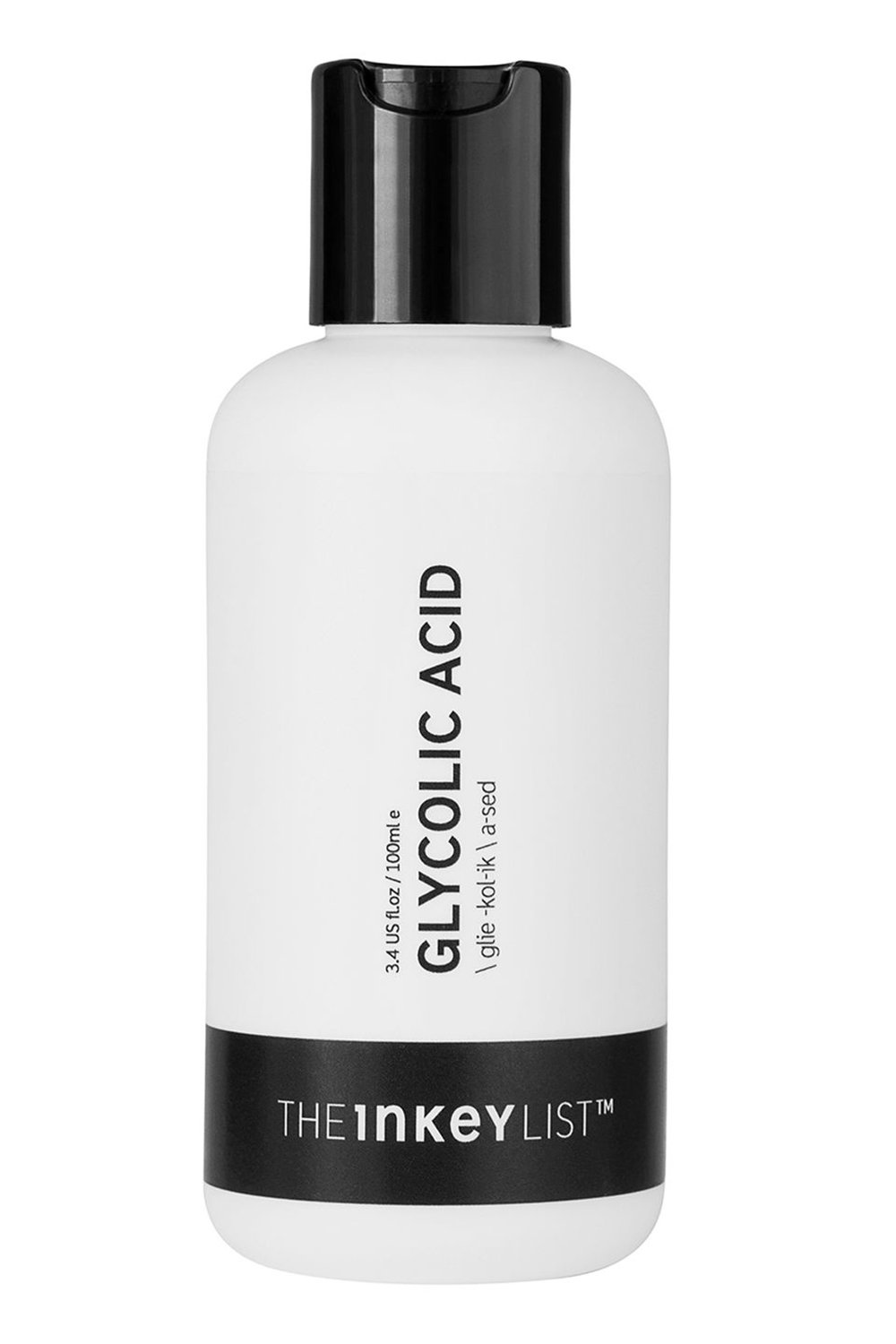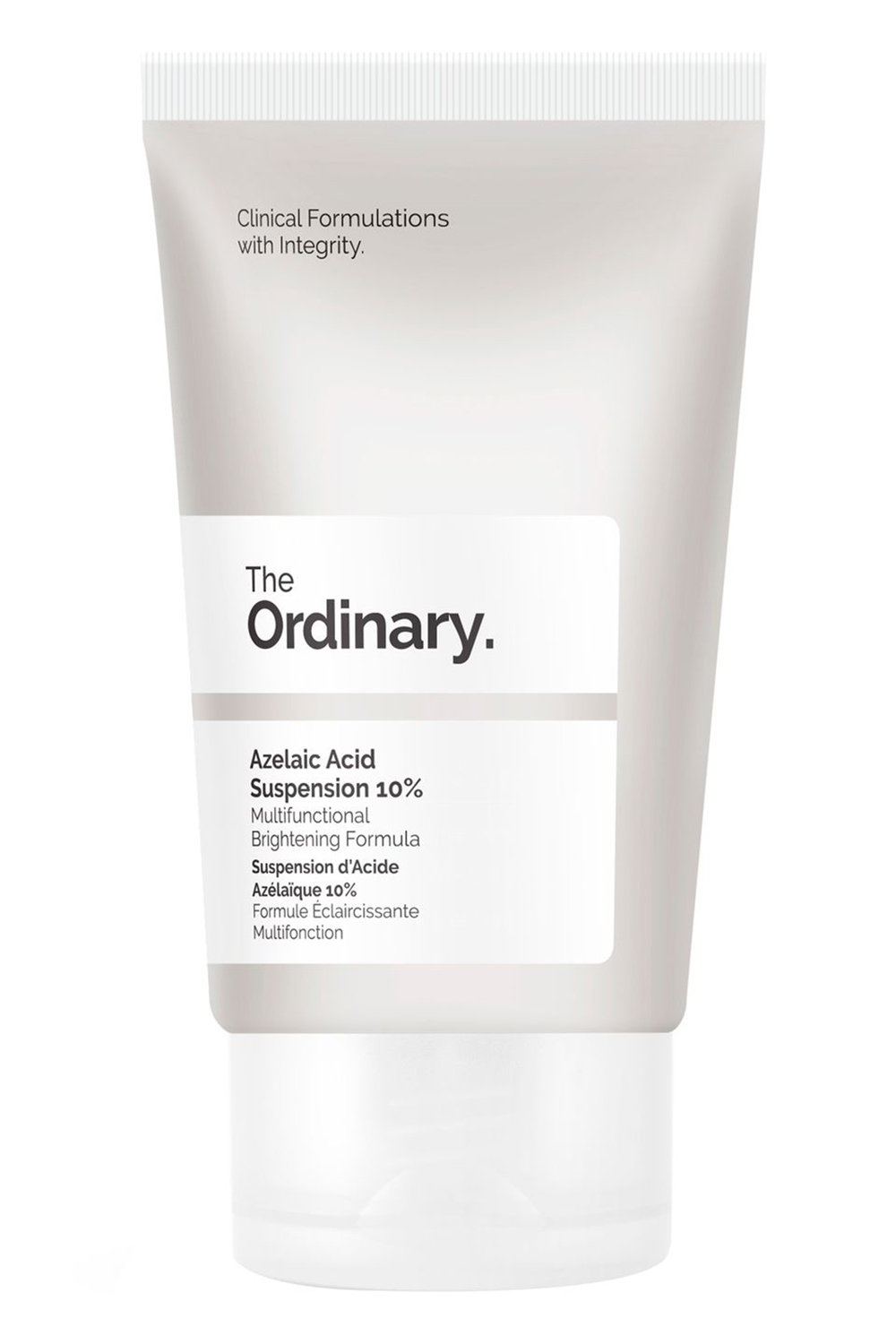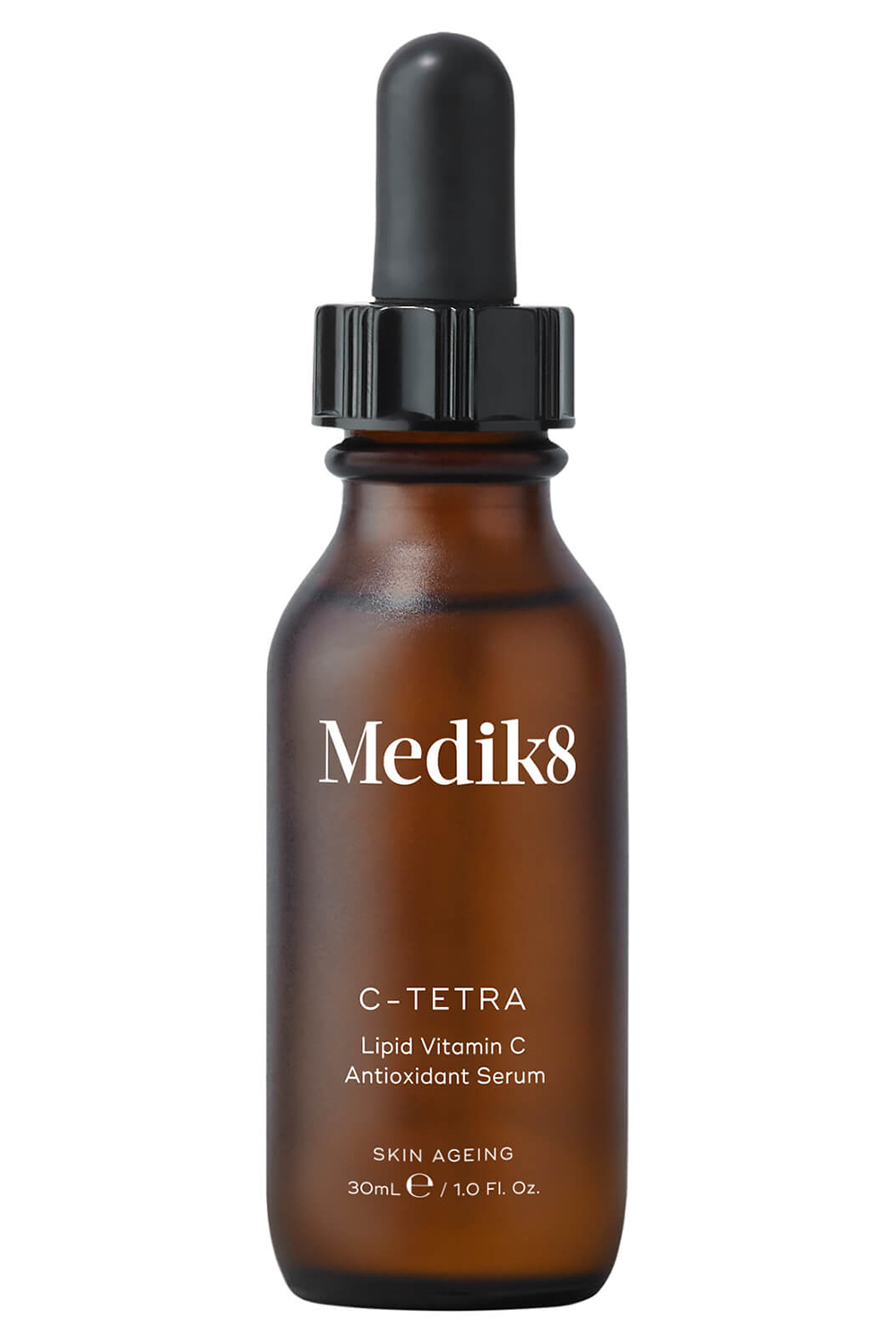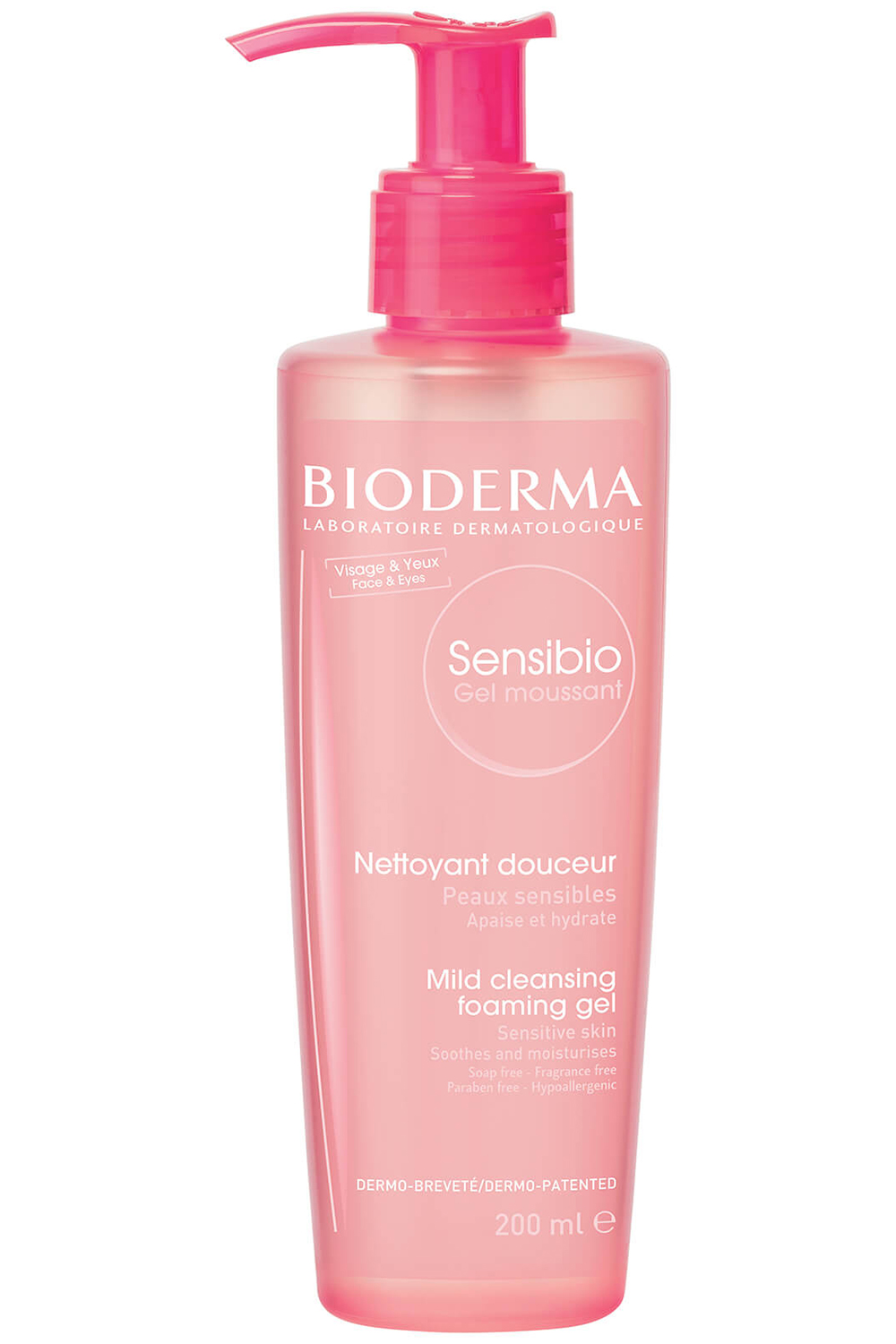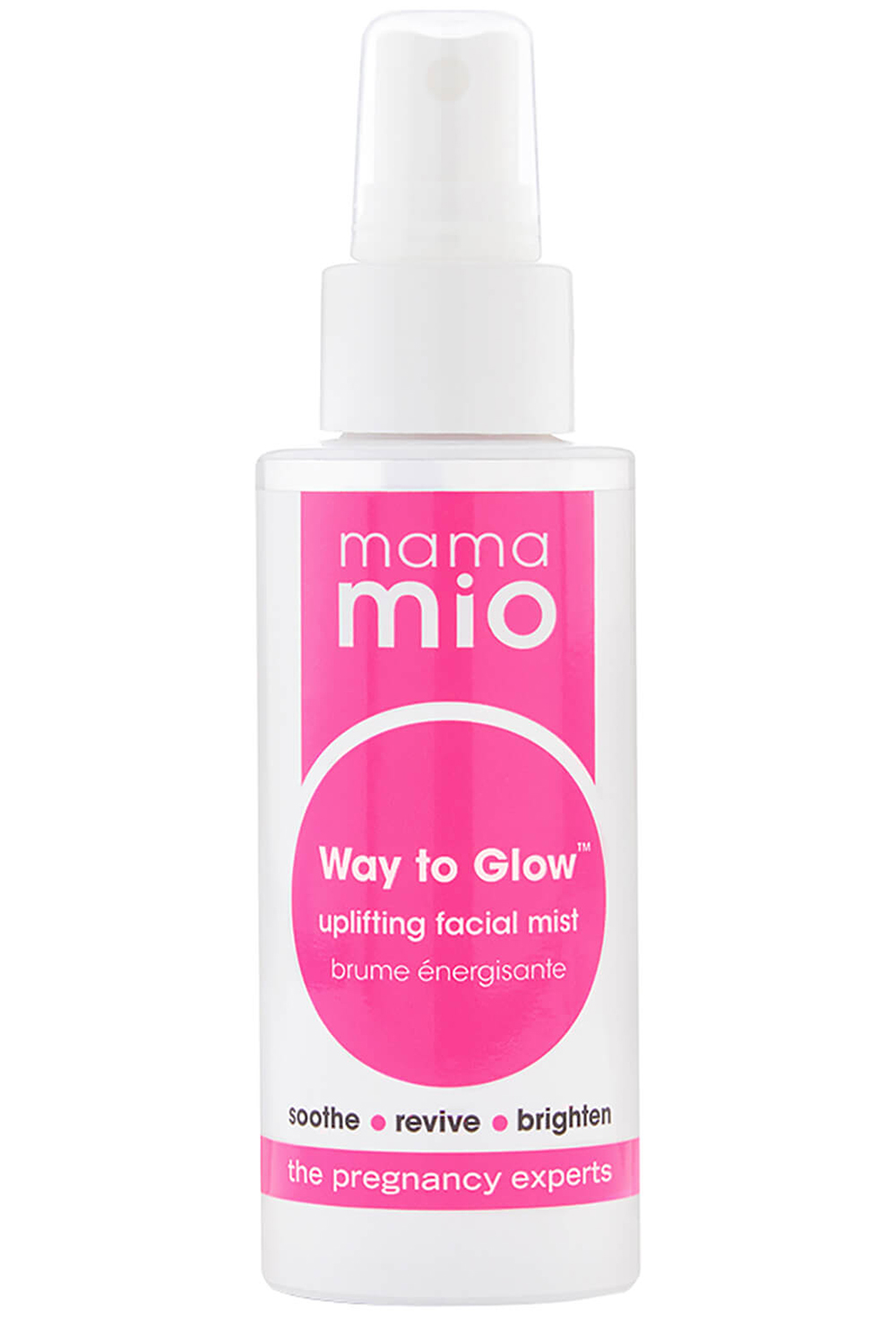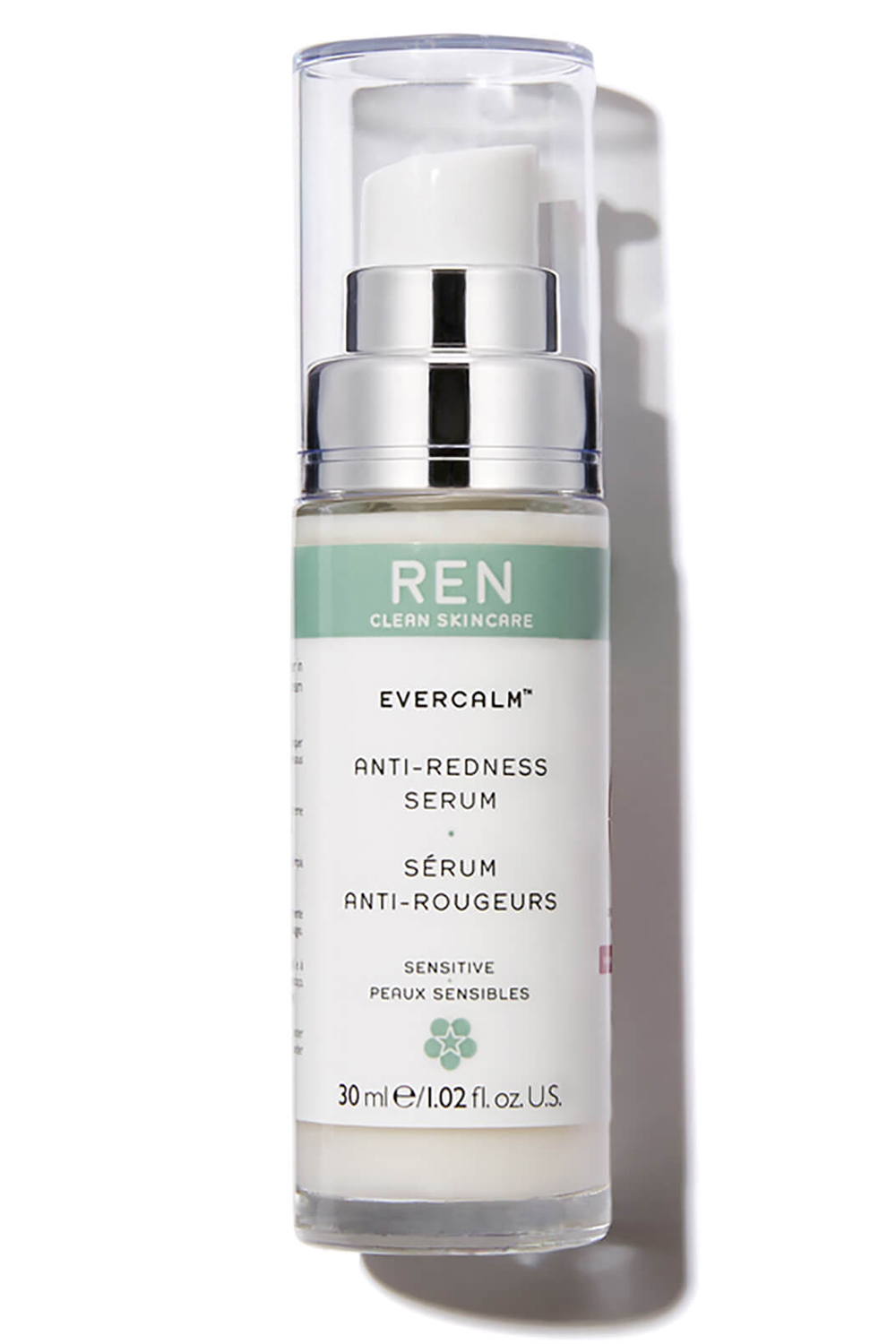The changes you should make to your skincare routine when you're up the duff


Celebrity news, beauty, fashion advice, and fascinating features, delivered straight to your inbox!
You are now subscribed
Your newsletter sign-up was successful
It's no surprise that when you're pregnant your skin changes. The rest of your body goes through its own transition, so why wouldn't your complexion? When you're pregnant skin can become more sensitive and some women might even experience bouts of acne, increased redness or pigmentation (nicknamed 'the mask of pregnancy') where they didn't before. (It's worth noting too that if you already suffer from rosacea or psoriasis, these can be exacerbated by pregnancy.) It's not all doom and gloom though, because if you're armed with the right pregnancy skincare regime, you can tackle these symptoms head on.
Here's our roundup of the changes, how to treat them and which ingredients to avoid...
The main changes to skin when pregnant
'Pregnancy brings about changes to your hormones, immune system, metabolism and blood vessels that influence the skin in various ways, explains Dr Ewoma Ukeleghe, founder of SKNDOCTOR.
Hormonal Acne
A surge in progesterone causes your body to produce more sebum, which can lead to hormonal acne in pregnancy. And annoyingly, it can affect your whole body so you could see a sudden increase in back acne and blemishes on your décolletage.
If this is something that you're suffering from, then it's even more important that you include the right products in your pregnancy skincare regime. You might have to pick up some new ones that you don't have in your bathroom cabinet.
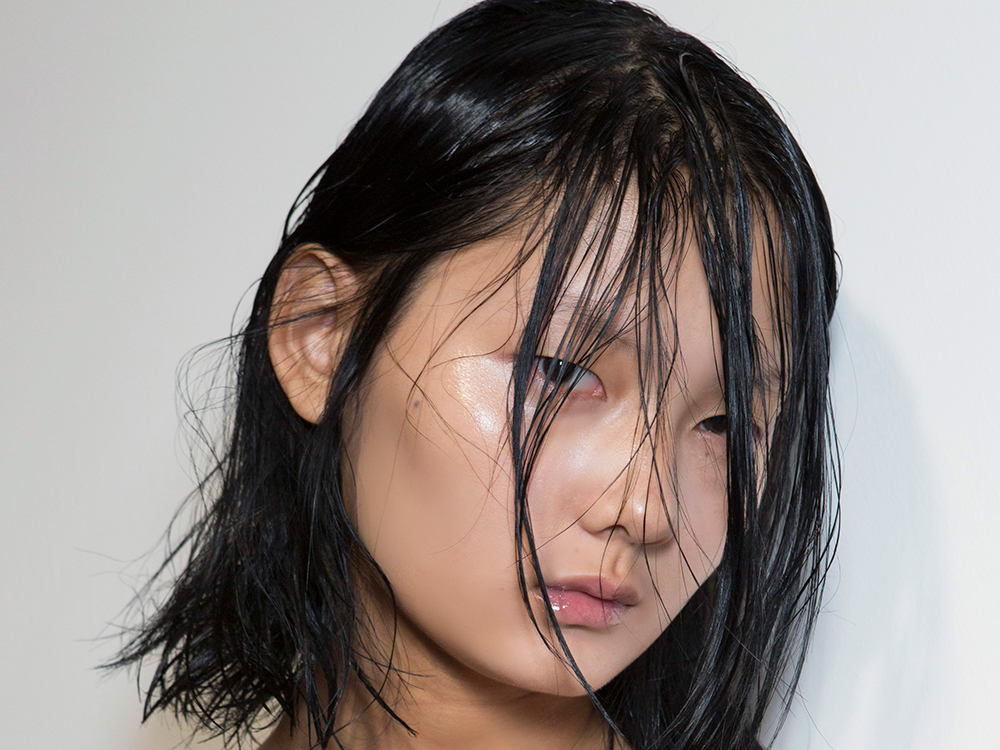
'For particularly oily, acne-prone skin, I recommend you use products that contain AHAs (Glycolic Acid) and Azelaic Acid,' says Dr Ukeleghe. These make for a great addition to you pregnancy skincare routine, because they're also great for treating pigmentation.
The Mask of Pregnancy
The most common skin concern during pregnancy is hyperpigmenation. According to the British Association of Dermatologists, it can affect up to 50% of women during their pregnancy, because hormones are slightly out of kilter and your body starts to produce more oestrogen. Combined with an increase in photosensitivity, this presents itself as large patches of discolouration on the face. The increase in oestrogen is also why your areola (the round area around your nipples) darkens.
Celebrity news, beauty, fashion advice, and fascinating features, delivered straight to your inbox!
Dr Ukeleghe encourages daily SPF use: 'Consistent sunscreen use will stop pigmentation from getting worse.' You should be using a daily SPF of 30 or above anyway, but it is it particularly important during pregnancy, because your skin is more photosensitive.

This is why Jasmina Vico, a skin expert, recommends using one of the best vitamin C serums every single day during your pregnancy to help brighten dark spots and pigmentation, as well as accentuating that maternal glowy complexion. She recommends Skinceuticals CE Ferulic or Phloretin CF (depending on your skin type) and Medik8 C-Tetra.
Similarly, investing in a great hyperpigmentation treatment is a must. (Check out our edit if you're stuck for inspiration.)
Sensitive Skin
Vico says the first thing you should do when you find our you're pregnant is simplify your skincare routine: 'Take out anything too harsh or abrasive, because your skin is much more sensitive at this time.' She recommeds using as few products as possible as well, so stick to a good cleanser, toner, serum, moistuiser and SPF.
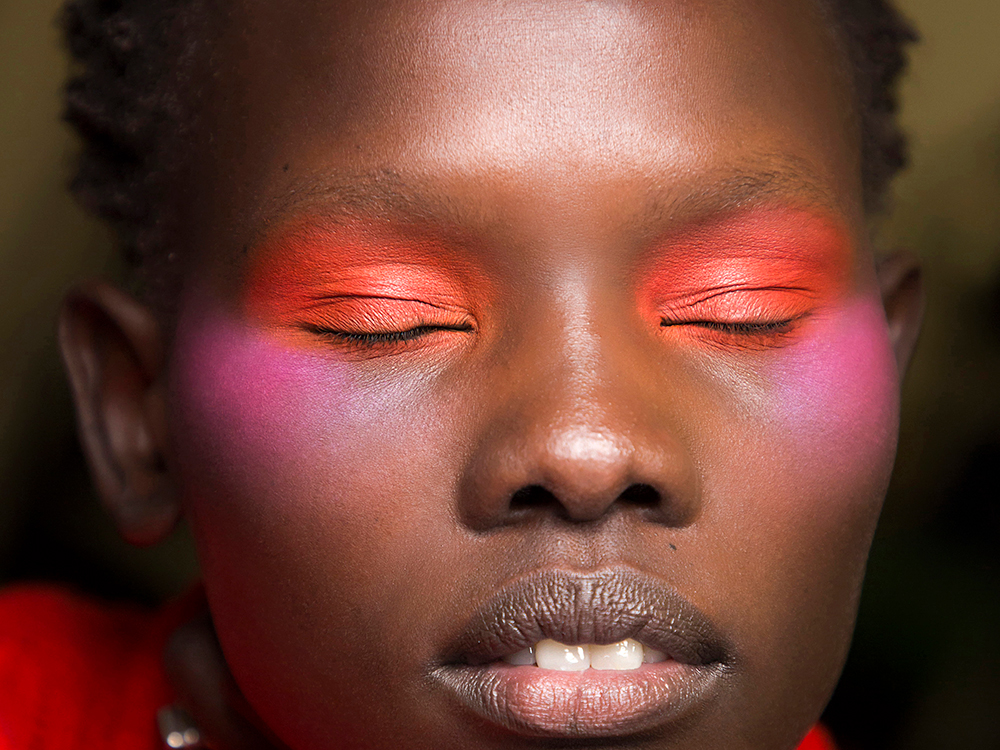
This increase in senstivity is what causes pregnancy hot flushes and a red tinge to the skin. Dr Ukeleghe suggest switching out your exisiting products for those that come from lines that are specifically for sensitive skin, like the Bioderma Sensbio range. But then she says, 'Only slot in pregnancy-friendly actives if you have specific skin concerns, because excessive skncare routines and harsh ingredients can irritate.'
Ingredients to avoid when pregnant
1. Salicylic Acid (in high concentrations, anything below 2% is safe) 2. Vitamin-A (any product with retinol) 3. Skin lightening products (anything containing hydroquinoane)
Keep scrolling for our edit of products to introduce into your pregnancy skincare routine:
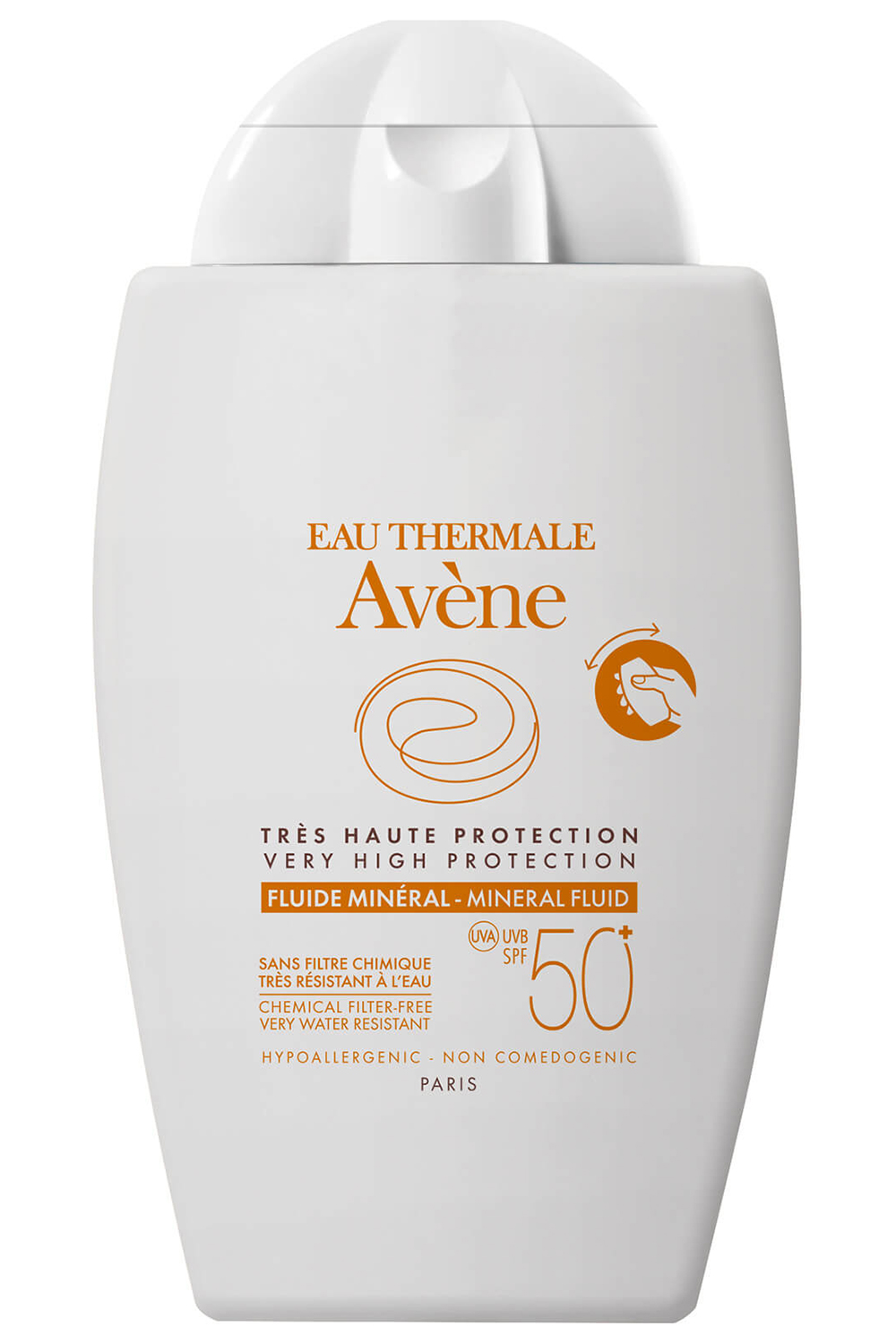
THE MASK OF PREGNANCY It really is so important to keep you skin protected from the sun everyday. Even if it doesn't seem particularly bright outside, if there is daylight you must wear a high SPF. This Avene one is super light and also comes in a tinted version if you want a wash of colour.
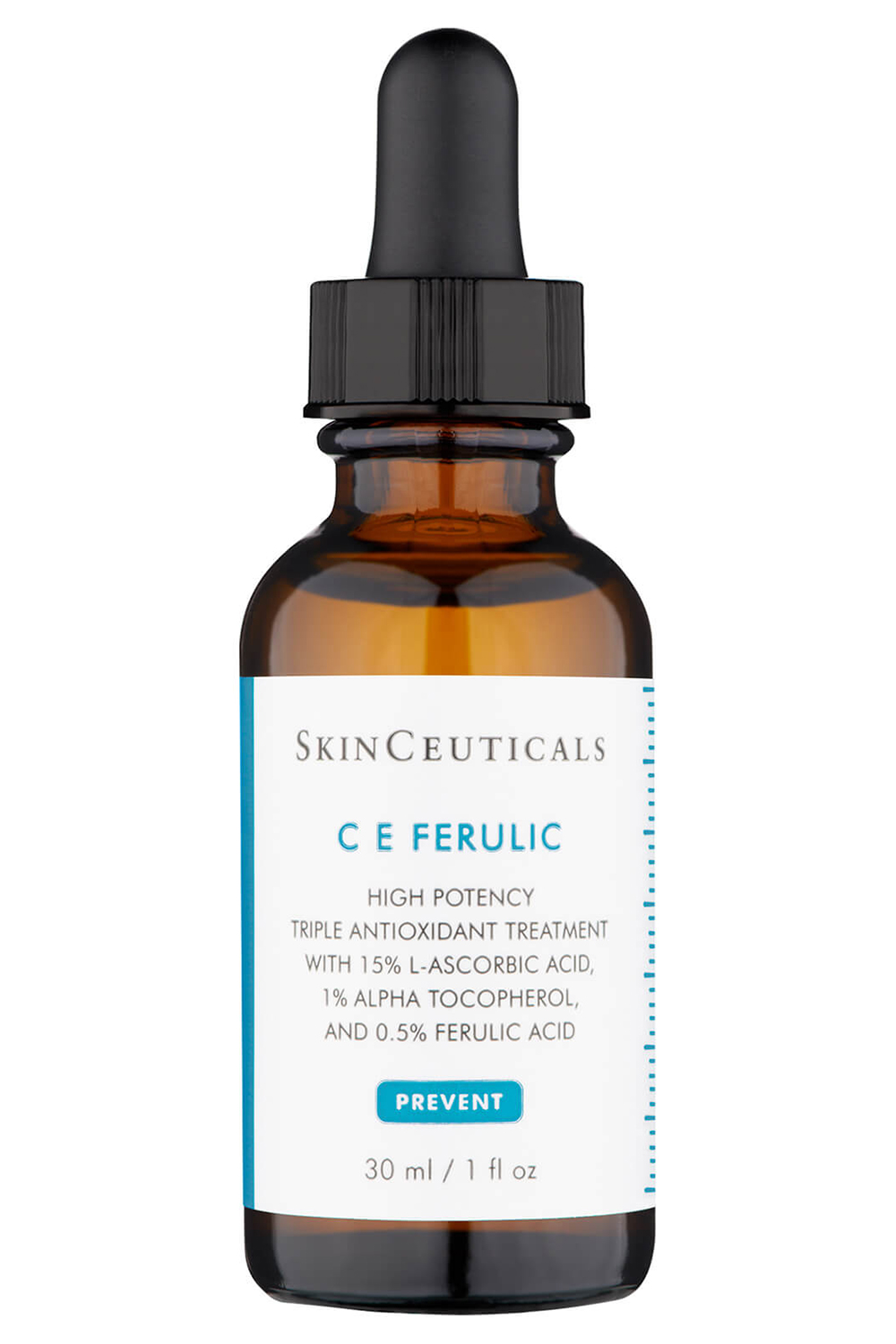
THE MASK OF PREGNANCY This right here is the beauty ediotr's favourite vitamin C serum. Yes it's pricey, but it's brilliantly effective. This one suits drier skin types, if you're particularly oily or are suffering from hormonal acne then you might want to try their Phloretin CF serum instead.
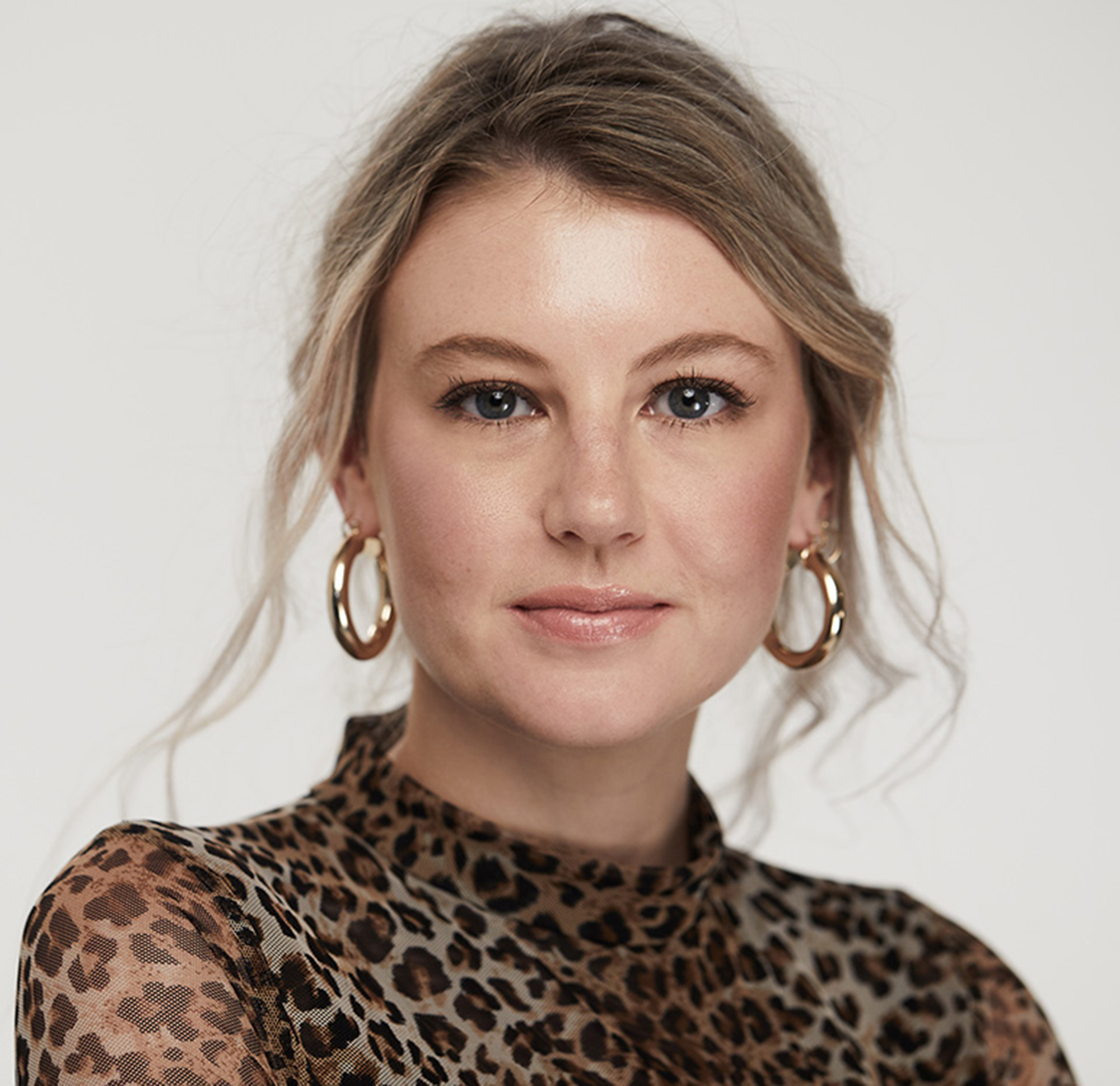
Katie Thomas is the Senior Beauty Editor at Marie Claire UK. With over 10 years of experience on women's luxury lifestyle titles, she covers everything from the best beauty looks from the red carpet and stand out trends from the catwalk, to colonic irrigation and to the best mascaras on the market.
